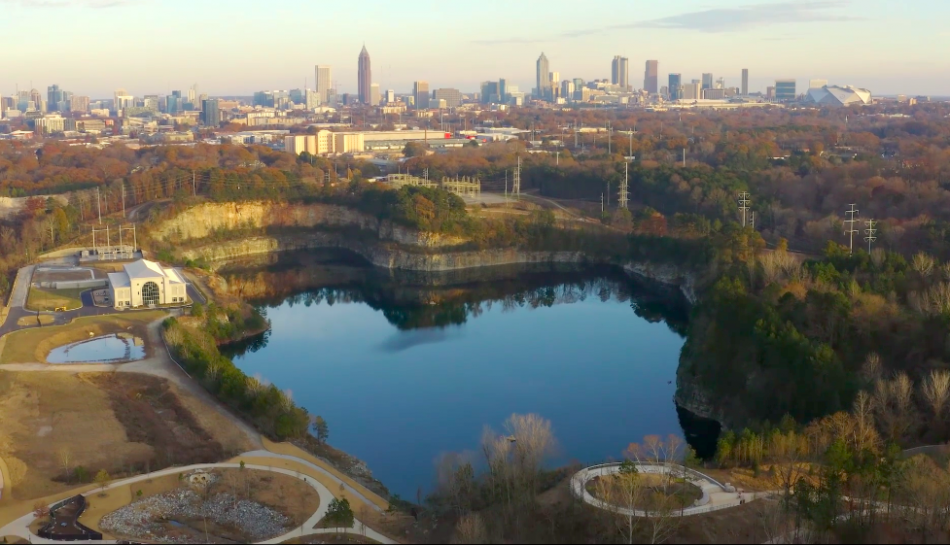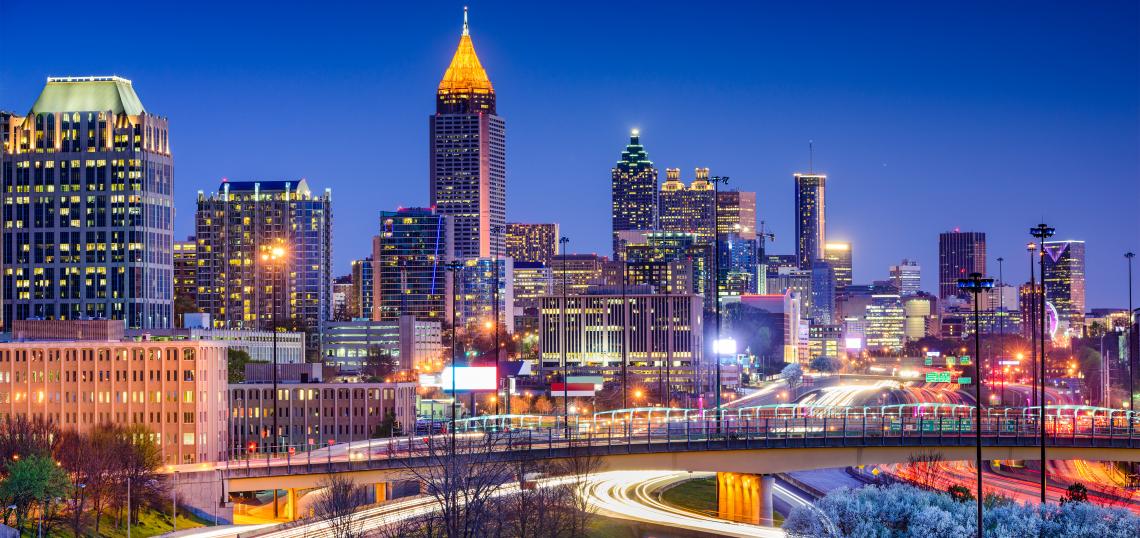What’s Atlanta have in common with Des Moines, Iowa and Boulder, Colorado? Not much, frankly.
Except that all three places were shortlisted in a Today show report this week—“Top 10 cities to live in after the pandemic”—that’s creating an internet stir.
NBC’s Today show, beamed out to an estimated 5 million morning viewers, noted on Tuesday that Pew Research has shown about 22 percent of U.S. adults have either moved during the COVID-19 pandemic or know someone who has.
Al Roker and crew tapped Stefani Berkin, president of R New York, Gotham’s fifth-largest real estate company, for intel on where Americans might want to consider living when the pandemic lifts and flexible working situations continue.
Landing at number one on Berkin’s list—it’s in alphabetical order, but still—is Atlanta.
It’s the largest metro of the bunch, which is heavy on Sunbelt places spanning from Phoenix to Nashville and Charleston to Tampa. (The exceptions are tax-friendly Portland, recreational paradise Boulder, and the list's dark horse, Des Moines, where the highly educated populace enjoys a median home sales price of just $158,000.)
Berkin pegs Atlanta’s median home sales price at $311,092—the cheapest on the list outside of Des Moines and Tampa.
Her report hails the Peach State capital as a prime launchpad for startups, a haven for corporate headquarters (Coca-Cola, UPS, Home Depot, the usuals). But “most exciting,” per Berkin, is the BeltLine, described as “a national beacon for equitable, inclusive, and sustainable city life,” with 5,000 units of affordable housing and more than 1,000 acres of new greenspace in the pipeline.
 Westside Park is expected to open this summer as an Atlanta BeltLine-connected greenspace jewel. Reeves Young/YouTube
Westside Park is expected to open this summer as an Atlanta BeltLine-connected greenspace jewel. Reeves Young/YouTube
“It’s exactly what people are looking for when deciding where to live next,” writes Berkin of the city in general, “a place that retains its Southern charm amid a beautifully diverse and cultural environment.”
Metro Atlanta’s explosive housing market continues to set records, and real estate industry pros report an influx of people from other places, especially those attracted by movie industry and construction jobs. But the pandemic’s broader impact on the region won’t be known for several years, as Atlanta Regional Commission executive director Doug Hooker recently relayed.
In another national report, Jeff Tucker, Zillow’s chief economist, told The Atlantic last month the oft-cited barometer of pandemic migration patterns—the online real estate search—shows that people in coastal cities are checking out Boise, Phoenix, and Atlanta the most.
The publication goes on to suggest that uprooting to Atlanta, like remote work in general, could strike people as “a fad.”
• Top 10 cities to live in after the pandemic, according to a top New York realtor (Today)
• A year after gridlock ended, where Atlanta's traffic stands now (Urbanize Atlanta)






